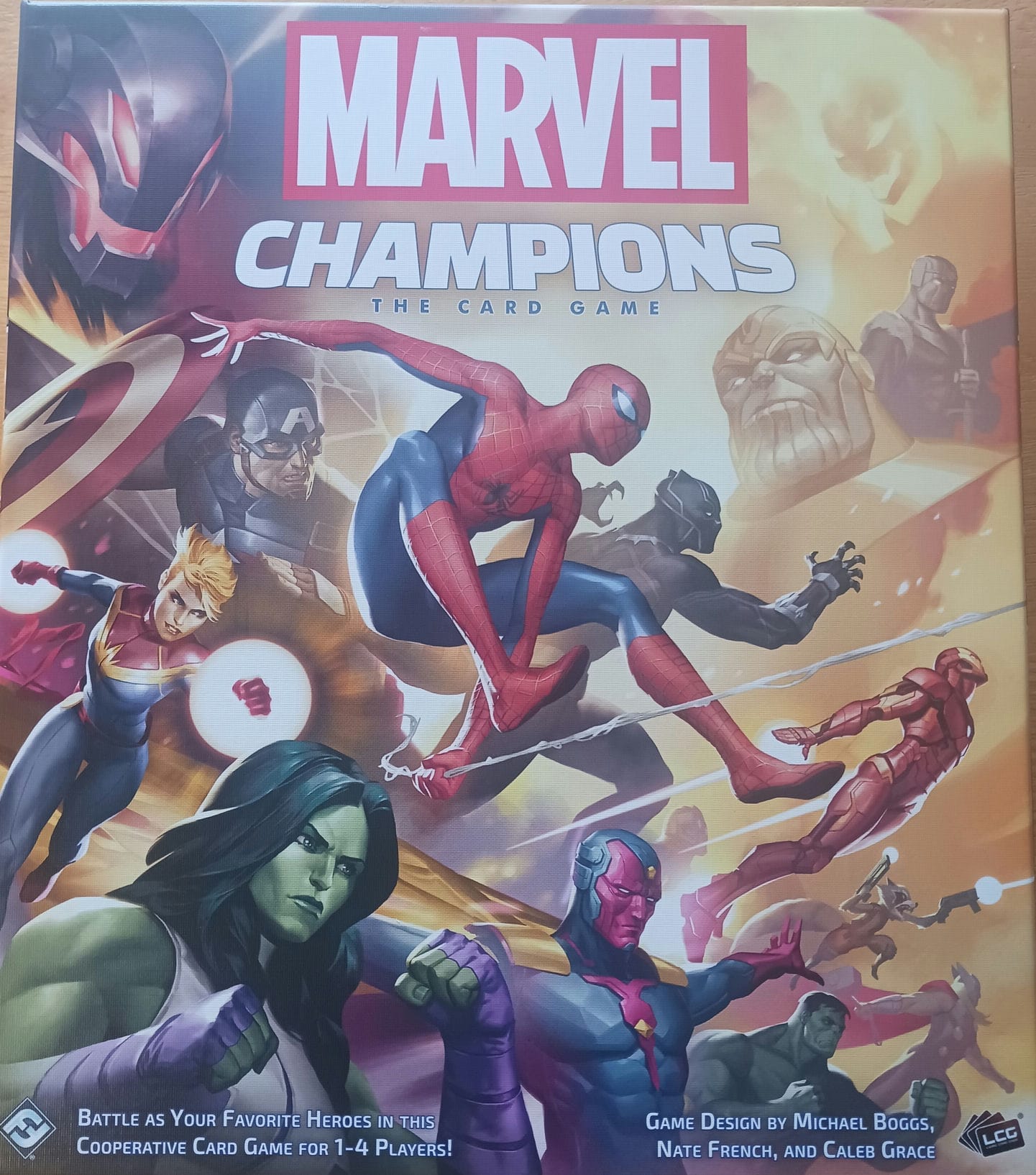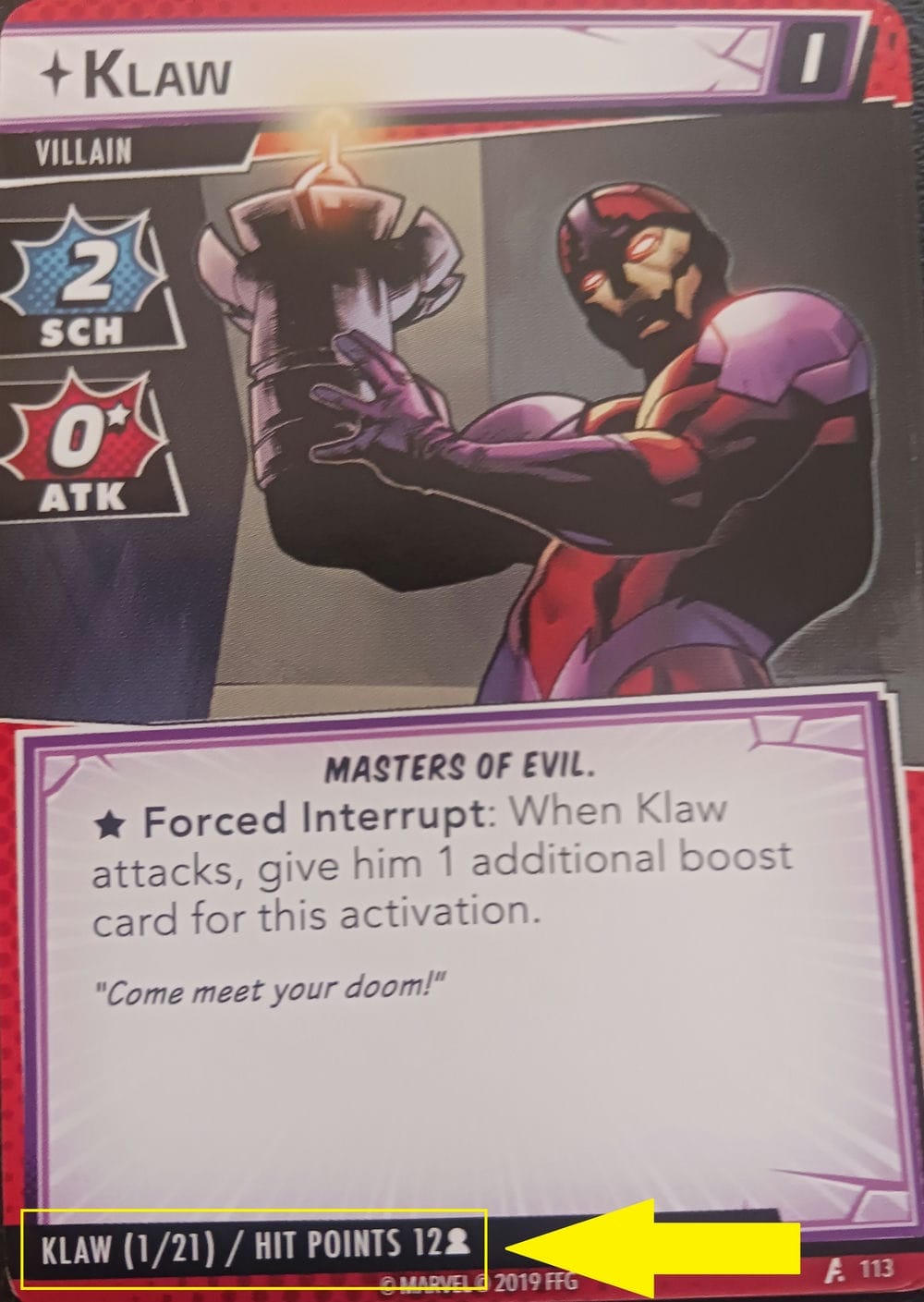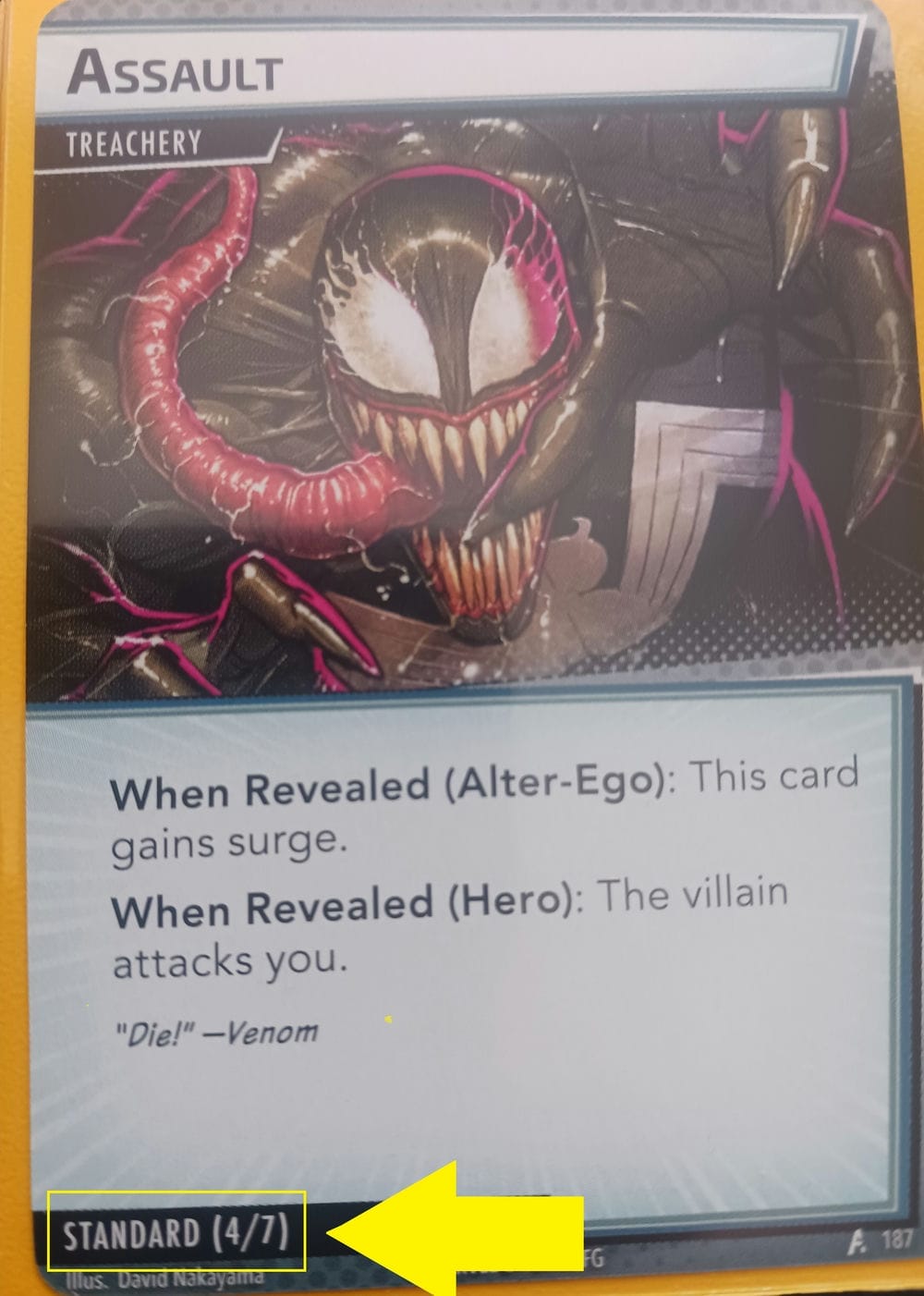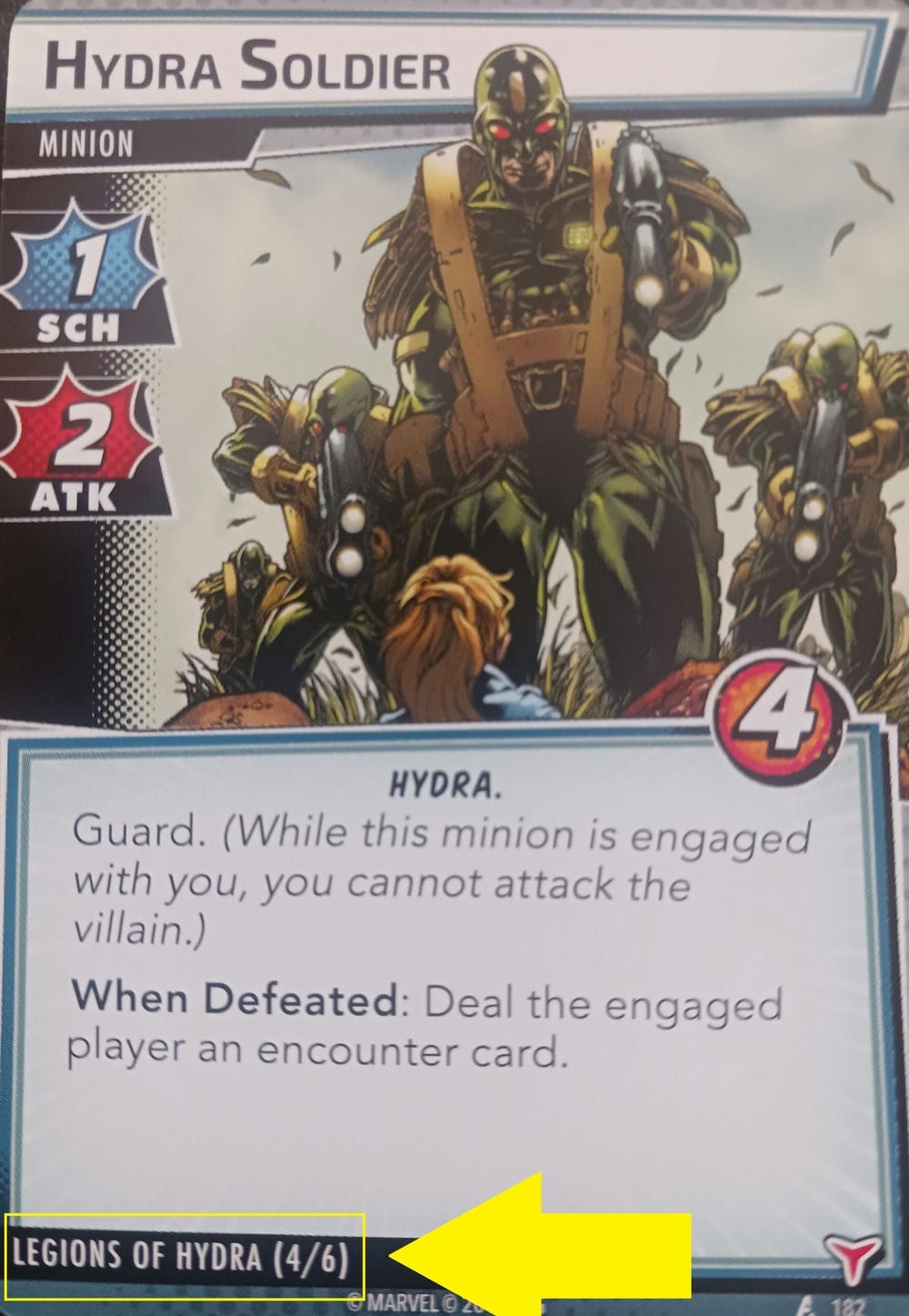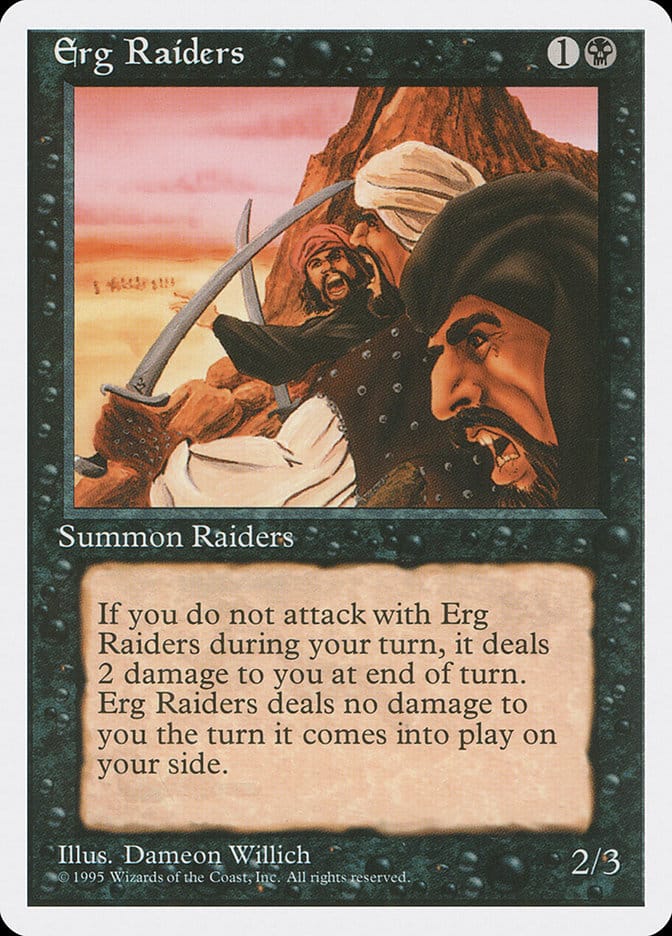I enjoyed these four stories. It is kind of hard to call them straight up “short stories” because they’re fifty pages each, but they don’t quite seem like novella length either.
Wolfe is pretty much at his most cantankerous and Archie is at his needle’ist (in terms of how he deals with Wolfe) and murders get solved.
This was a good sit back and let the stories flow over you kind of book. I wasn’t blown away but I wasn’t bored, I didn’t feel like I wanted to stop reading and do something else, I didn’t want to get up to get a snack to take a break. I just read and that tells me it was good stuff if it can keep me engrossed like that.
I realize this isn’t a long review, or even much of a book report, but most of my reviews are like that. And considering this is #30 in the series, at this point you’re either all in or you are out. If you have not read any Nero Wolfe stories by Rex Stout, then go read the first book, Fer-de-Lance. I read that in ‘21 and I’m still going strong with the series, no breaks. That should tell you something too.
Synopses – click to open
The Christmas Party
Nero Wolfe occasionally riles Archie when he takes Archie’s services too much for granted. On Wednesday he tells Archie to change his personal plans of two weeks standing so that he can drive Wolfe to Long Island for a meeting on Friday with an orchid hybridizer. After counting ten, Archie explains that he cannot and will not chauffeur Wolfe on Friday. He has promised his fiancée that he will attend her office Christmas party, at a furniture design studio. To substantiate his claim, Archie shows Wolfe a marriage license, duly signed and executed: the State is willing for Archie Goodwin and Margot Dickey to wed.
Wolfe is incredulous, but hires a limousine to take him to Long Island as Archie attends the party. There, a conversation between Archie and Margot reveals that Margot has been trying to get her employer and paramour, Kurt Bottweill, to quit procrastinating and marry her. She has suggested to Archie, who is no more to her than a friend and dancing partner, that a marriage license might motivate Bottweill to propose and follow through. Archie gave her the license on Thursday, and now Margot tells him that the plan worked perfectly, that she and Bottweill are to marry.
Also attending the party are Bottweill; his business manager Alfred Kiernan; an artisan named Emil Hatch who turns Bottweill’s designs into marketable merchandise; Cherry Quon, an East Asian who is the office receptionist; and Mrs. Perry Jerome and her son – Mrs. Jerome is a wealthy widow who is the source of Bottweill’s business capital. The Bottweill-Jerome business relationship is apparently based on intimacy, which her son Leo is bent on disrupting. Santa Claus is also present, tending bar.
Bottweill starts to toast the season but before he can do so Kiernan interrupts. Everyone has champagne, but Bottweill’s drink is Pernod – he keeps an entire case of it in his office. Kiernan brings Bottweill a glass of Pernod. Bottweill finishes his toast, tosses back the Pernod, and promptly dies of cyanide poisoning.
As Archie is issuing instructions – call the police, don’t touch anything, nobody leave – he notices that Santa has already left. Hatch says no one has left via the elevator, and the only other exit is to Bottweill’s office. There’s nothing unusual there, and Archie pushes a button that calls Bottweill’s private elevator. When it arrives, Archie finds Santa’s wig, mask, jacket and breeches on its floor.
The police arrive, led by Sergeant Purley Stebbins, and after several hours of questioning he dismisses the partygoers. Purley’s first task is to try to find Santa, and if that approach leads nowhere then he’ll start after the others. Archie heads back to the brownstone, where Wolfe, having returned from his errand, is eating dinner. Wolfe has heard on the radio a report of Bottweill’s death, and after discussing it briefly, Wolfe sends Archie to his room to bring him a book. Archie finds the book, and also finds, draped over it, a pair of white gloves that appear to be identical to the gloves that Santa was wearing while tending bar.
Stunned at first, Archie works it out that Wolfe was the bartender in a Santa costume. He must have arranged the charade in order to judge for himself whether Archie and Margot were genuinely involved or the marriage license was flummery. For Wolfe to have gone to such an extreme must mean that Wolfe regarded the situation as potentially desperate. Finally, Wolfe left the gloves for Archie to find so that he would reason it all out for himself, thus sparing Wolfe the necessity of admitting how much he depends on Archie.
Archie returns to the office and, skipping the issue of Wolfe’s motives, reports on the events that followed Wolfe’s escape. Stebbins has established that all the partygoers knew that Bottweill drank Pernod and kept a supply in his office. All knew that a supply of cyanide was kept in the workshop one floor down from the studio: Hatch uses it in his gold-plating work. Any of them could have found an opportunity to get some cyanide from the workshop and, unobserved, put it in Bottweill’s current bottle of Pernod. But none of them ran when Bottweill died. Only Santa ran, and the police are concentrating for the moment on finding whoever played Santa. Wolfe gives Archie a brief summary about his meeting with Bottweill that afternoon preparing to become Santa, including Botteill’s having a drink, in Wolfe’s presence, from the same Pernod bottle that was later poisoned – a fact the police would love to have.
When Archie finishes reporting, the doorbell rings. It’s Cherry Quon, without appointment, wanting to speak with Wolfe. It comes out that Cherry recently became engaged to marry Bottweill. She is convinced that Margot murdered Bottweill in a rage at being thrown over for Cherry. And she delivers a bombshell: she knows it was Wolfe who played Santa at the party. Bottweill had told her that morning at breakfast.
Cherry has a demand: she wants one of Wolfe’s men to confess to having played Santa. As he was putting on the costume, in the bathroom attached to Bottweill’s office, Wolfe’s man heard something, peeked out, and saw Margot putting something in the Pernod bottle. Cherry is not blatant about it, but she implies strongly that if Wolfe does not comply with her demand she will tell the police that Wolfe himself was Santa.
That’s the last thing Wolfe wants – Cramer would lock him up as a material witness and possibly for withholding evidence, and the publicity would be humiliating. But Wolfe refuses to go along with Cherry’s script. Instead, he sends notes to all the partygoers, inviting the murderer to identify himself.
Easter Parade
When Nero Wolfe’s envy is aroused he’ll go to any length to satisfy it. He embarrassed Archie in his pursuit of Jerome Berin’s recipe for saucisse minuit, and he strongarmed Lewis Hewitt to get those black orchids. Now he’s learned that Millard Bynoe has hybridized a pink Vanda orchid, a unique plant. He wants to examine one and Bynoe has turned him down.
Wolfe has also learned that Mrs. Bynoe will sport a spray of the pink Vanda at this year’s Easter parade in New York, and wonders if Archie knows anyone who would steal it from her. Archie does have a suggestion, a shifty character nicknamed Tabby, who would probably commit petty larceny in public for a couple of hundred bucks. Archie suggests that in addition to arranging for Tabby’s services, it might be wise to get a photograph of the orchids. Archie offers to attend the parade too, with Wolfe’s new camera.
So it’s decided: Tabby will position himself outside the church where Mr. and Mrs. Bynoe will attend Easter services and will try to snatch the orchid corsage from her shoulder as they exit the church. Archie will be across the street with the camera, attempting to get a good photo of the corsage in case Tabby’s attempted theft fails.
Easter morning arrives. Both Tabby and Archie are in place – Archie’s sharing some wooden crates with several other photographers so as to see over the crowd. One of them is a comely young woman named Iris Innes, who is there as a staff photographer for a magazine.
The Bynoes exit the church in the company of another man. Tabby tries to grab the orchids but the Bynoes’ companion wards him off. So Tabby ducks away into the crowd and begins to stalk them as the three walk up the avenue. Archie has been able to capture much of the action on film.
Suddenly, Mrs. Bynoe collapses. As her companions try to help her, Tabby dashes up to them, snatches the orchid corsage, and sprints away. Archie takes off after him, and catches up just as Tabby gets into a cab. Archie joins him, hushes him, and tells the cabbie to take them to 918 West 35th.
Only after Wolfe has had time to examine the orchids, and to announce that he would pay $3,000 (in 1958) for the full plant, does Archie get a chance to point out that if necessary the police will identify and track Tabby down, and that inevitably Tabby will give up Wolfe and Archie. Archie phones Lon Cohen and learns that Mrs. Bynoe is dead. Wolfe wants to avoid any public mention of his association with the incident, and offers Tabby $10 a day to remain incommunicado at the brownstone. After trying unsuccessfully to raise the per diem, Tabby accepts.
Archie prudently removes the film from the camera, and his foresight soon pays off when Inspector Cramer arrives. A needle containing strychnine has been found in Mrs. Bynoe’s abdomen, and the theory is that the needle was shot from a spring-loaded mechanism such as a camera. Cramer appropriates the camera, but doesn’t ask whether the film is still in it. Monday morning, Archie takes the film to a camera store to be developed.
Then he spends much of the day trying futilely to reach the other photographers, including Miss Innes.[1] Archie spends the remaining hours at the District Attorney’s office, answering questions and refusing to answer questions that he contends are immaterial to the investigation of Mrs. Bynoe’s murder. He is dismissed in time to get the developed pictures from the store and return to the brownstone before dark.
There he finds Mr. Bynoe, Inspector Cramer, DA Skinner and several others, including the photographers Archie’s been looking for. Wolfe asks to see the photos. He arranges a re-enactment of the scene in front of the church, and shows Cramer how the photos that Archie took demonstrate the murderer’s identity.
Fourth of July Picnic
A restaurant workers’ union is having a Fourth of July picnic in a remote meadow on Long Island. Time has been set aside during the afternoon for a few speeches from prominent figures in the restaurant business, and also one from Nero Wolfe. Wolfe has been the trustee for Rusterman’s Restaurant since the death of his old friend Marko Vukcic, and because the restaurant is so highly regarded the union wants Wolfe to speak. As an added inducement, the union has also promised to stop trying to get Fritz, Wolfe’s personal chef, to join.
Wolfe and Archie arrive at the meadow and work their way through a tent to a raised platform from which the speakers will address the thousands of union members. One of the organizers, Phil Holt, has eaten some bad snails and is lying in misery on a cot in the tent. He has been seen by a doctor but is too weak to participate in the festivities. He is shivering and Wolfe tells Archie to tie the tent flap closed, to help stop the draft blowing through.
One by one, as the scheduled speakers address the throng, those on the speakers’ platform go back into the tent to see to Holt. Eventually Wolfe goes to check on Holt and shortly calls to Archie to join him. Holt is dead, lying on the cot, covered by a blanket that conceals the knife in his back.
It is Wolfe’s habit, when he is away from home and confronted by a murder, to tell Archie to take him back to the brownstone immediately, before the police arrive. It is Archie’s habit to refuse and he does so now, pointing out that they would simply be hauled back to Long Island. Wolfe concedes the point and returns to the platform to deliver his speech.
Archie has noticed that the tent flap is no longer tied shut. He glances out the back of the tent and sees a woman sitting in a car parked by the tent. Archie gets her name, Anna Banau, and asks her if she has seen anyone enter the tent since the speeches started. Mrs. Banau says that she has not. Archie is impressed by her calm certainty, and concludes that no one entered the tent from the back. Someone must have gone in from the platform, stabbed Holt, and then opened the rear flap to make it appear as though the killer came from that direction, not from the platform.
The body is soon discovered and the police are called. It’s clear that the local District Attorney would love to hold Wolfe and Archie as material witnesses, but he can’t find a legitimate reason, so Wolfe returns home after all. The next day, though, Mr. Banau comes calling. He knows of his wife’s discussion with Archie on the prior afternoon, and cannot understand why the papers report that the police are proceeding on the assumption that the murderer entered the tent from the rear. His wife saw no one enter the tent from that side, and that is what she told Archie – surely Archie passed that along to the police. When Wolfe tells Banau that Mrs. Banau’s information was not passed along, Banau becomes upset and leaves the brownstone, stating that he must tell the police.
Wolfe sees that he and Archie will be arrested and must make their getaway. They head for Saul Panzer’s apartment, where they have arranged to meet with the others who were on the speakers’ platform. Wolfe as yet has no idea who the murderer is, nor the motive for the crime. But when the principal suspects arrive at Saul’s, Wolfe finds it important that he and Archie share autobiographical sketches with them. Then he bluffs the murderer into identifying himself.
Murder Is No Joke
Alec Gallant was a member of the French Resistance during World War II and at that time married another member, Bianca. After the war, he learned that his wife and her two brothers had been traitors to the Resistance. He murdered both men, but Bianca escaped him.
Gallant came to the United States in 1945 and rejoined his sister Flora, who had immigrated from France several years earlier. Gallant became a highly regarded couturier (as Wolfe later terms him, “an illustrious dressmaker”) with a studio employing several staff, including Flora. A successful Broadway actress, Sarah Yare, is a valued customer, one who is well liked by all of Gallant’s employees.
Into this happy mix comes Bianca. She has changed her surname to Voss and insinuated herself into Gallant’s operation, making decisions about company strategy, apparently with Gallant’s approval. Gallant has kept information about his past with Bianca to himself, hiding it not only from the staff but also from his sister, Flora. Everyone at Alec Gallant Incorporated is mystified that Gallant is putting up with Bianca’s odd and counterproductive decisions, particularly because she seems to have no formal title or position at the company.
Fearing for her brother’s career, Flora calls at Nero Wolfe’s office and asks him to investigate the situation. She has only $100 to pay Wolfe’s fee, but she says that her brother would be grateful to be rid of Miss Voss, and he is a generous man. Wolfe points out, though, that it’s not Mr. Gallant who would be hiring him. Flora suggests that they phone Bianca, and invite her to Wolfe’s office where he can ask questions of her, and then, “We shall see.” In reporting this exchange, Archie Goodwin claims that it is Flora’s choice of phrasing, instead of an informal “We’ll see” or “We will see,” that moves Wolfe to acquiesce.
Flora uses Archie’s phone to call Miss Voss, and gives Archie the handset as Wolfe picks up his own phone. After identifying himself to Miss Voss, Wolfe becomes the target of a string of insults hurled by Miss Voss – “You are scum, I know, in your stinking sewer.” – and then both Wolfe and Archie hear a thud, a groan, a crash, and a dead phone line.
Archie calls Gallant’s offices back, and asks for Miss Voss. Archie and Wolfe learn that Miss Voss has just been found dead in her office. When they inform Flora, she seems stunned, and hurries from the office.
Later, discussing the situation with Inspector Cramer, Wolfe agrees it’s very neat that Wolfe and Archie were on the phone with Miss Voss just as she was being assaulted, and thus can fix the time of the attack within a minute or two. That makes it difficult, because everyone at Gallant’s studio has a strong alibi for that time.
The next day, Archie is summoned to the District Attorney’s office to go over his statement once again. When he returns to the brownstone, he is astonished to see that Wolfe has exerted himself to the point of getting the phone book from Archie’s desk and taking it to his own. Wolfe has no explanation of the phone book for Archie, but he does have instructions.
